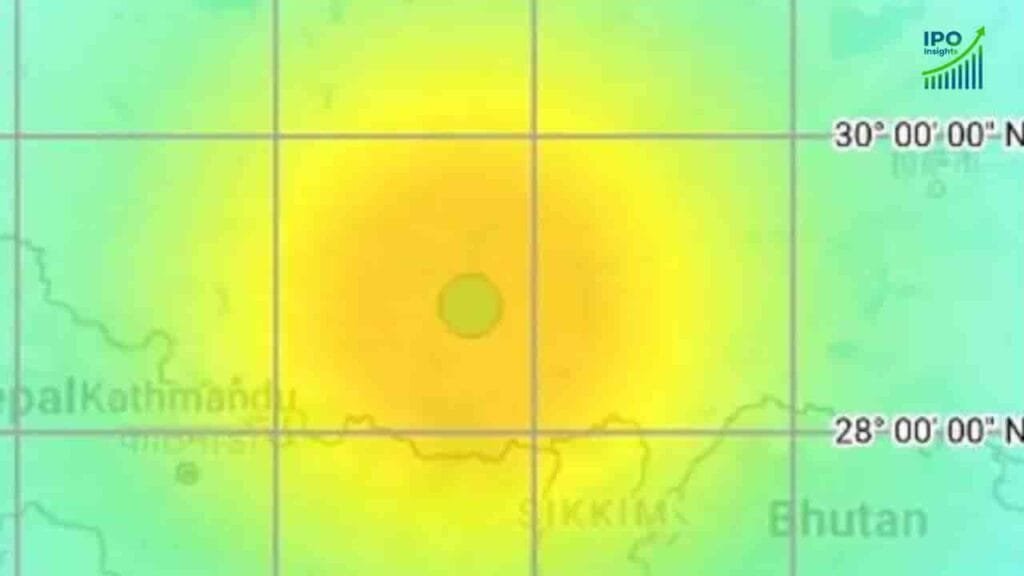Earthquakes are a constant reminder of the dynamic forces shaping our planet. Today, seismic activity has been recorded across the globe, ranging from minor tremors to more significant events.
Key Events:
- Tibet: A powerful earthquake of magnitude 7.1 struck Tibet early this morning, with tremors felt in several parts of India, including Bihar and Assam.
- Impact: This strong earthquake has the potential for significant damage, including building collapses, landslides, and disruptions to essential services.
- Japan: Several earthquakes of varying magnitudes have been reported in different regions of Japan, a country highly susceptible to seismic activity.
- Greece: A moderate earthquake struck near Kyparissía, Peloponnese, Greece, causing minor shaking in the region.
- Puerto Rico: A 4.9 magnitude earthquake was recorded near Culebra, Puerto Rico, prompting concerns about potential aftershocks.
Other Notable Events:
- Earthquakes of varying magnitudes have also been recorded in regions such as Iran, Ethiopia, the Solomon Islands, and the United States.
Understanding the Impact:
The impact of an earthquake can vary significantly depending on several factors, including:
- Magnitude: Larger earthquakes generally have a greater potential for damage and casualties.
- Depth: Shallow earthquakes tend to cause more intense shaking at the surface.
- Proximity to populated areas: Earthquakes occurring near densely populated areas can result in significant damage and loss of life.
- Geological conditions: The type of soil and rock in a region can amplify or dampen seismic waves.
Earthquake Preparedness:
Regardless of your location, it’s crucial to be prepared for the possibility of an earthquake. Here are some essential steps:
- Create an Emergency Plan:
- Designate a safe meeting place for family members.
- Assemble an emergency kit with essential supplies, including water, non-perishable food, first-aid supplies, and a flashlight.
- Develop a communication plan to ensure you can contact family members and emergency services.
- Secure Your Home:
- Identify potential hazards such as unsecured shelves, hanging objects, and heavy furniture.
- Secure these items to prevent them from falling during an earthquake.
- Learn Earthquake Safety Procedures:
- Practice the “drop, cover, and hold on” technique: Drop to the ground, take cover under a sturdy table or desk, and hold on until the shaking stops.
Staying Informed:
For the most up-to-date information on earthquakes, refer to reliable sources such as:
- United States Geological Survey (USGS): https://www.usgs.gov/programs/earthquake-hazards/earthquakes
- European-Mediterranean Seismological Centre (EMSC): https://www.emsc-csem.org/
- Local news and emergency services
Disclaimer: This article provides a general overview of today’s earthquake activity. For the most accurate and detailed information, please refer to the official sources mentioned above.
Note: This information is based on publicly available data and may not be entirely comprehensive.
Remember: This information is for general awareness and should not be considered a substitute for professional guidance in earthquake preparedness and response.







